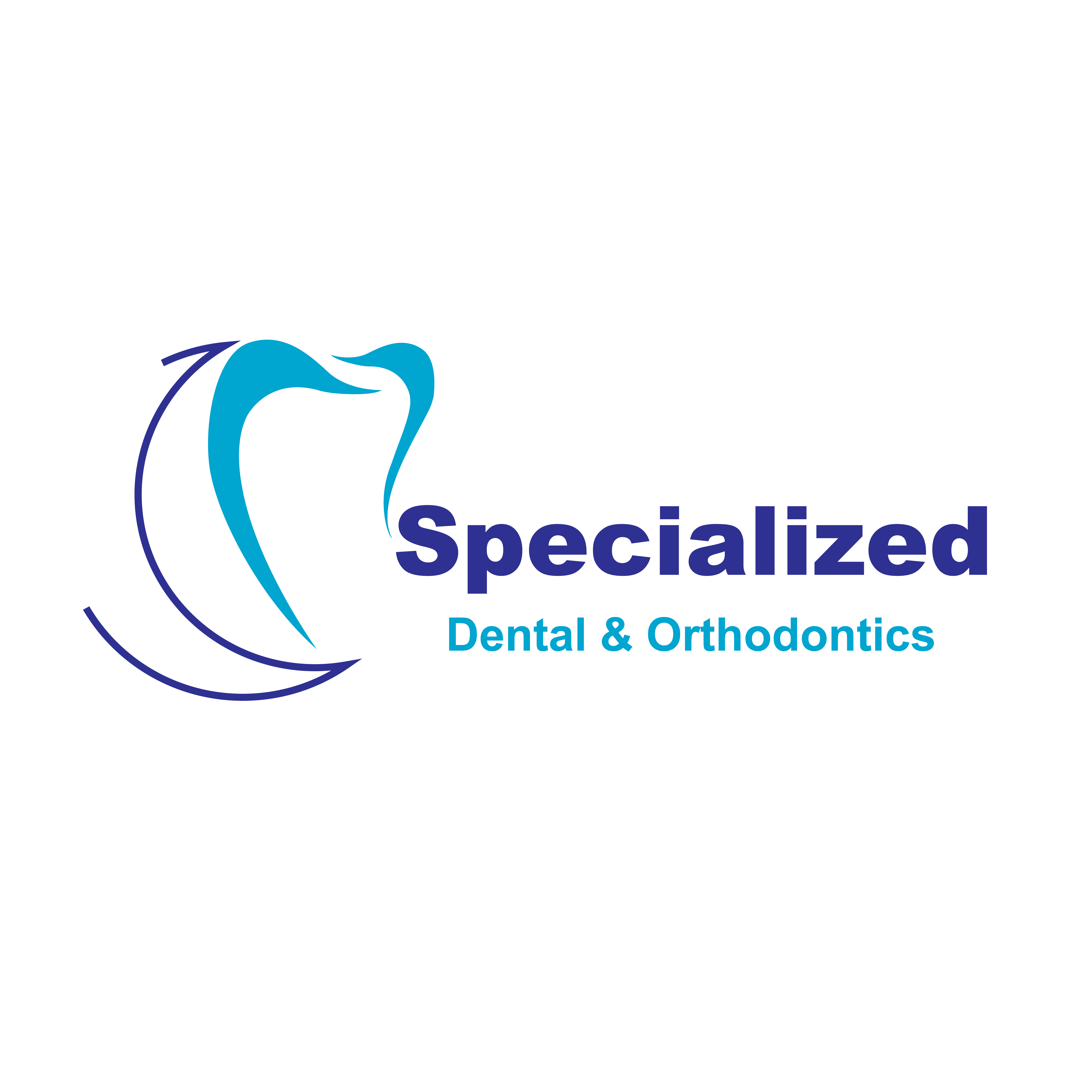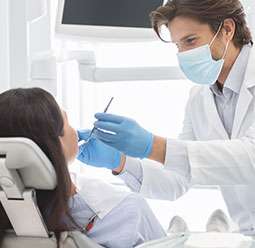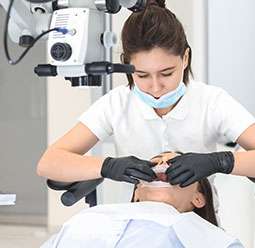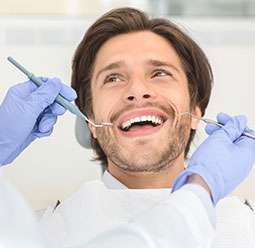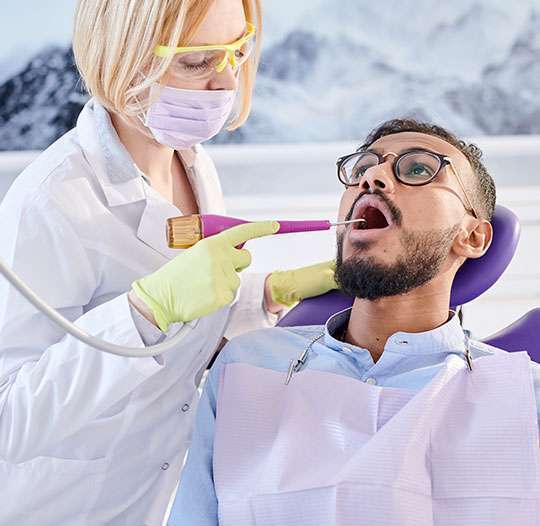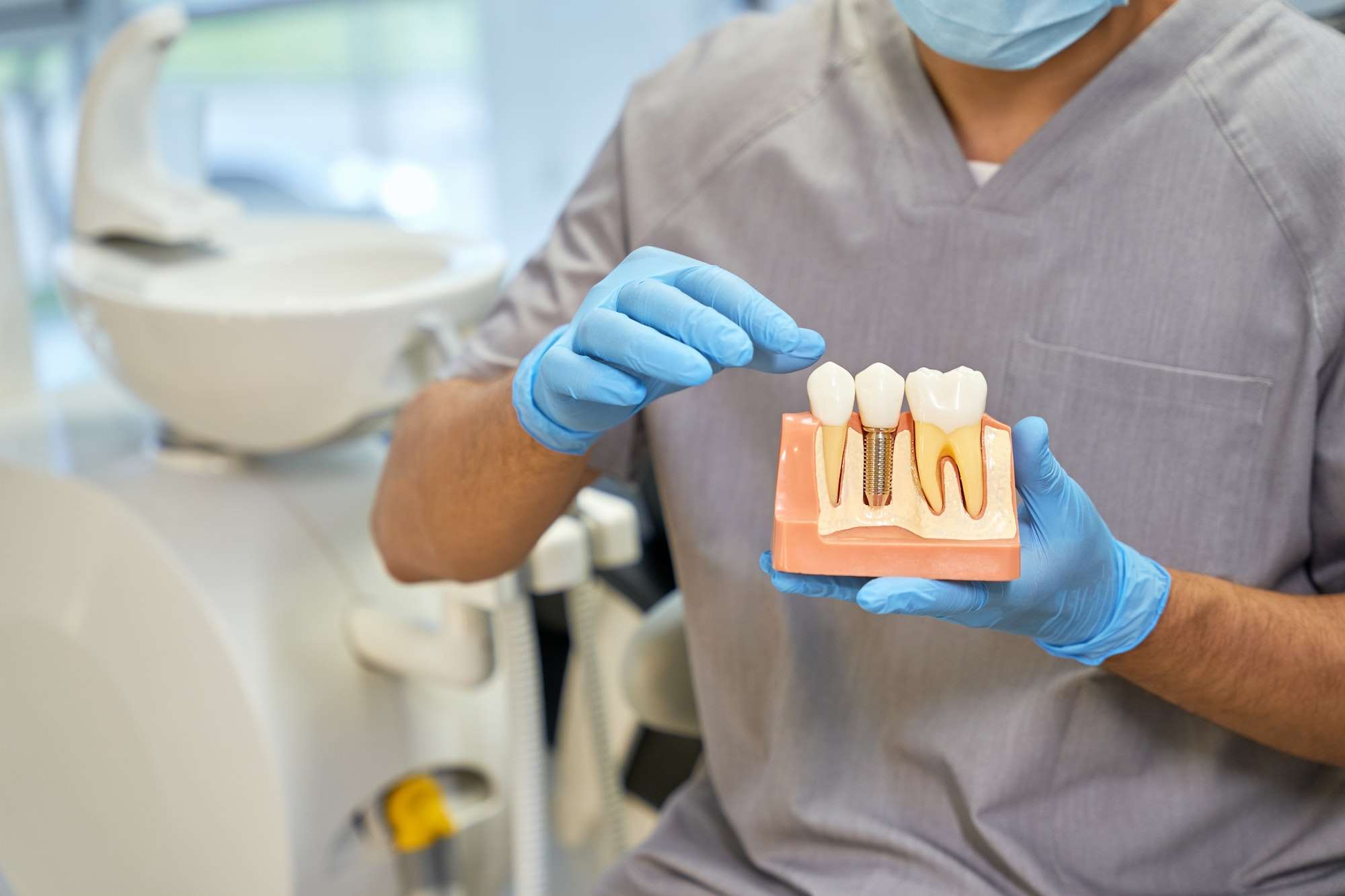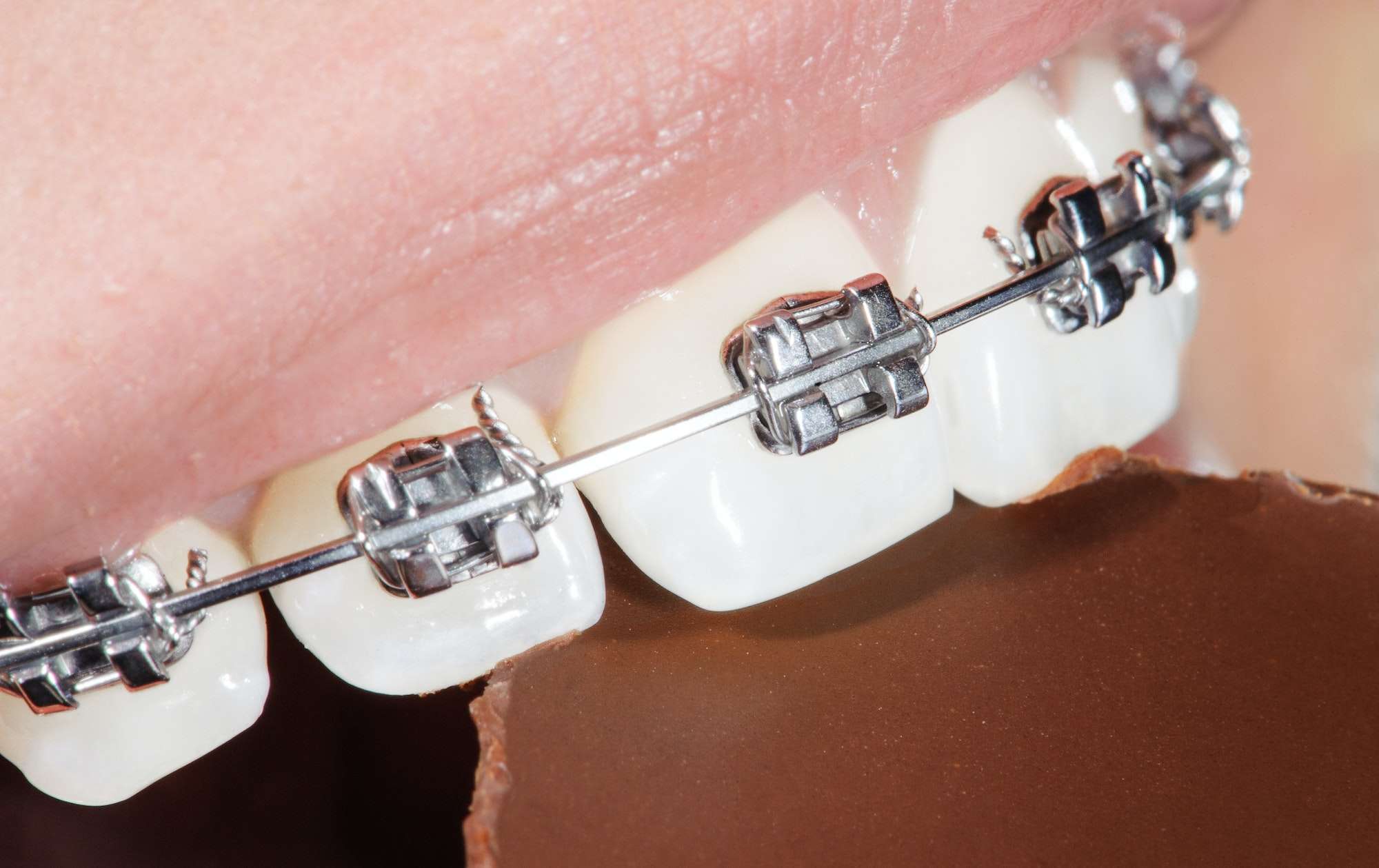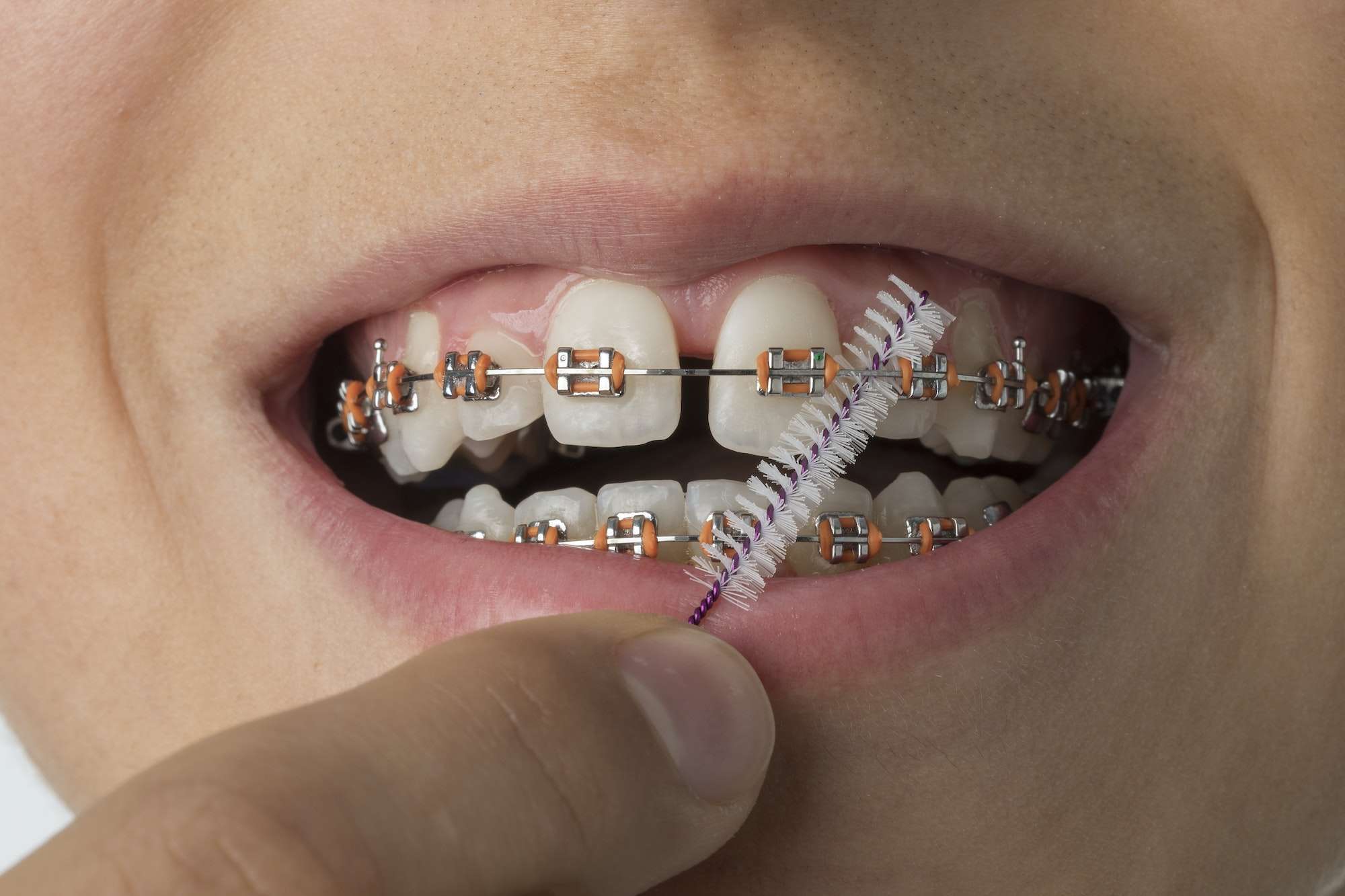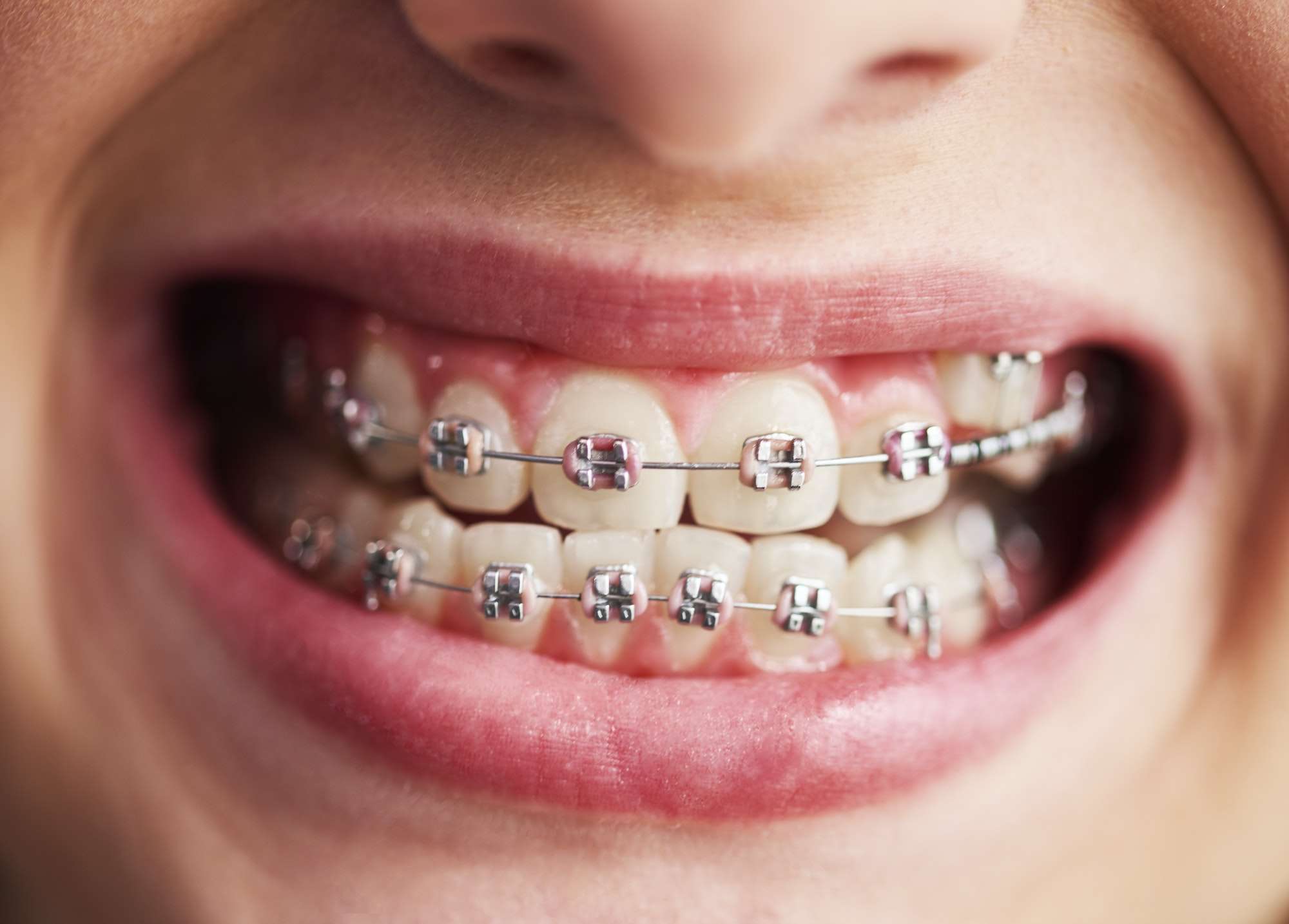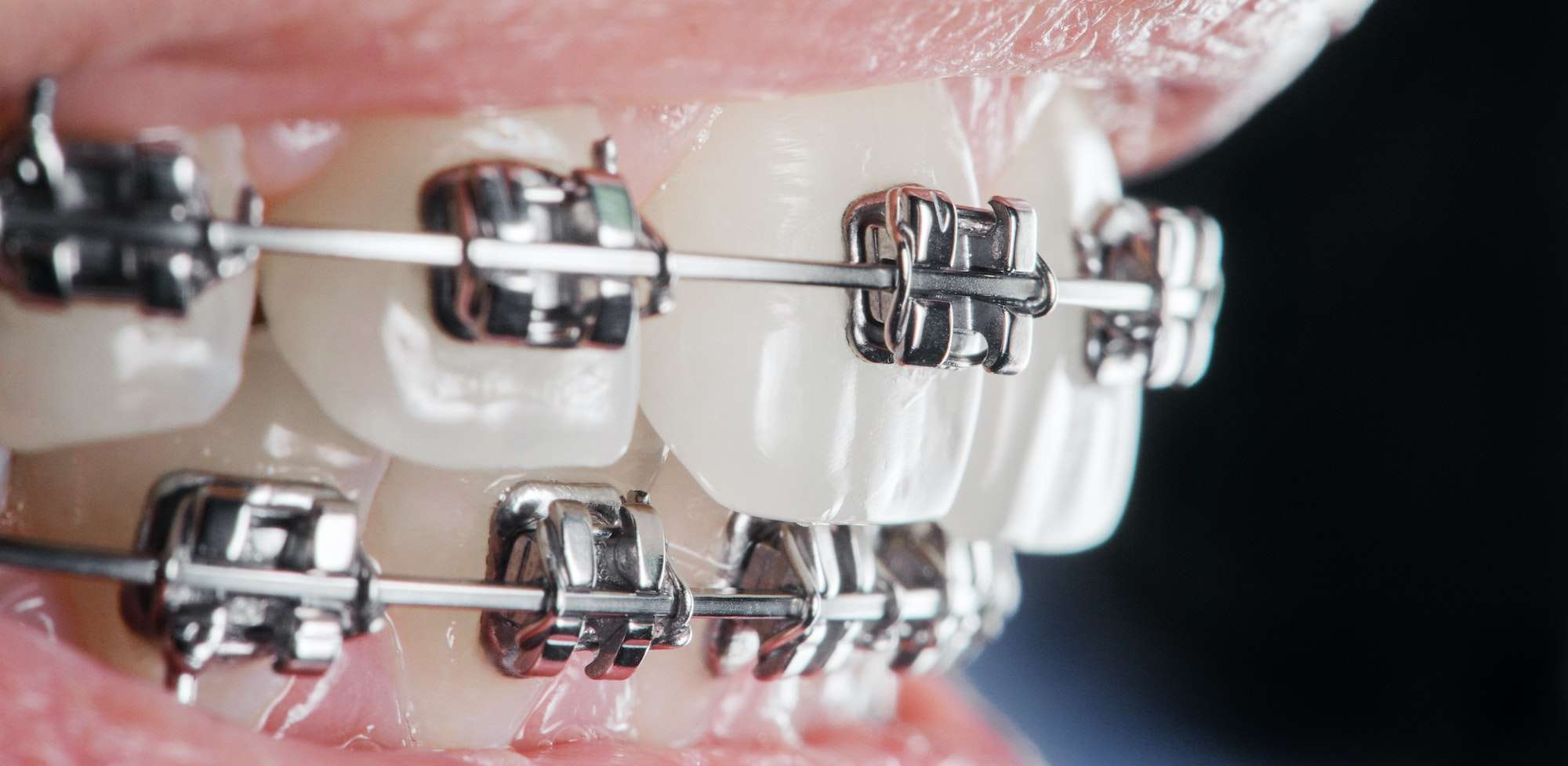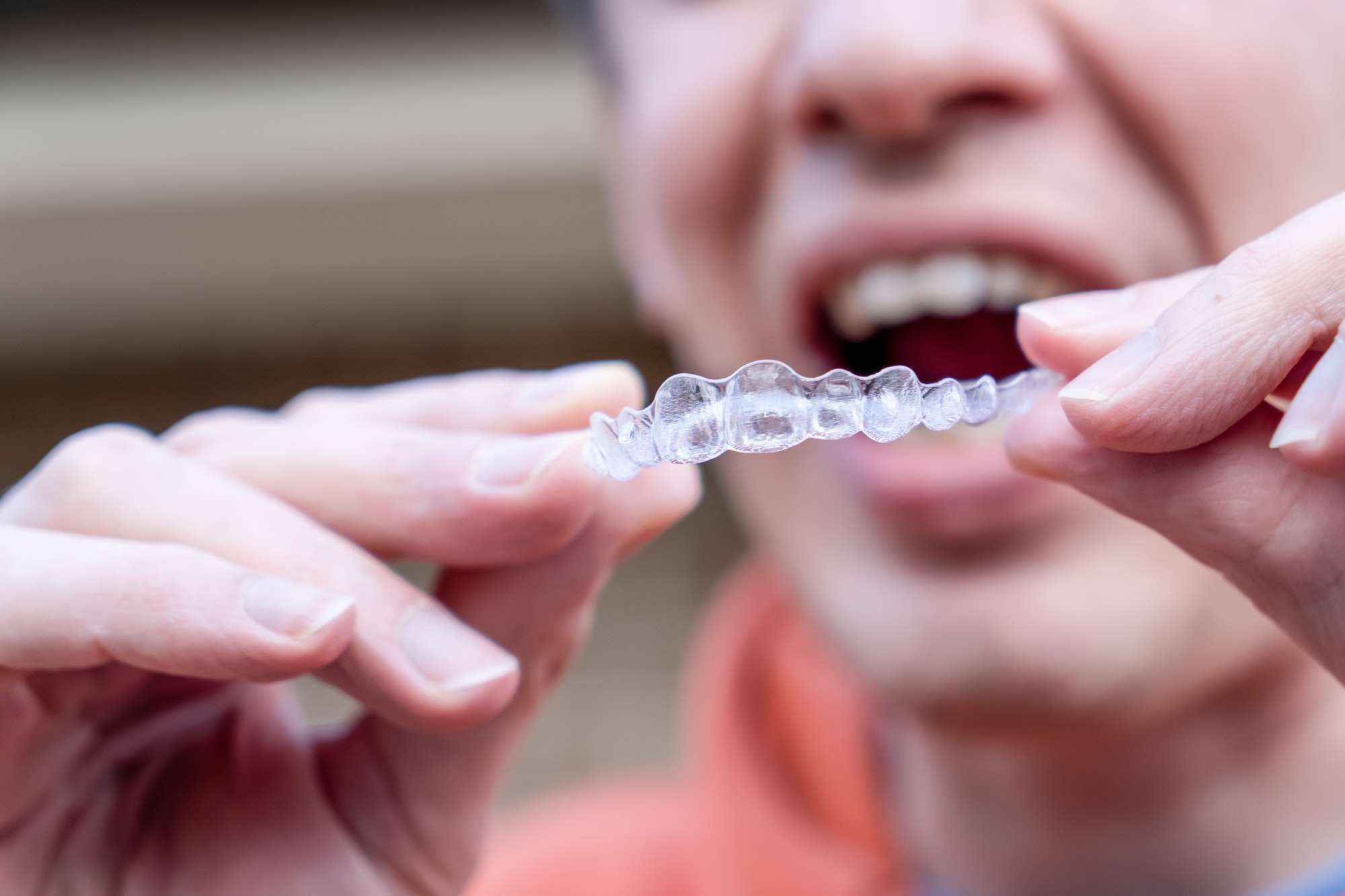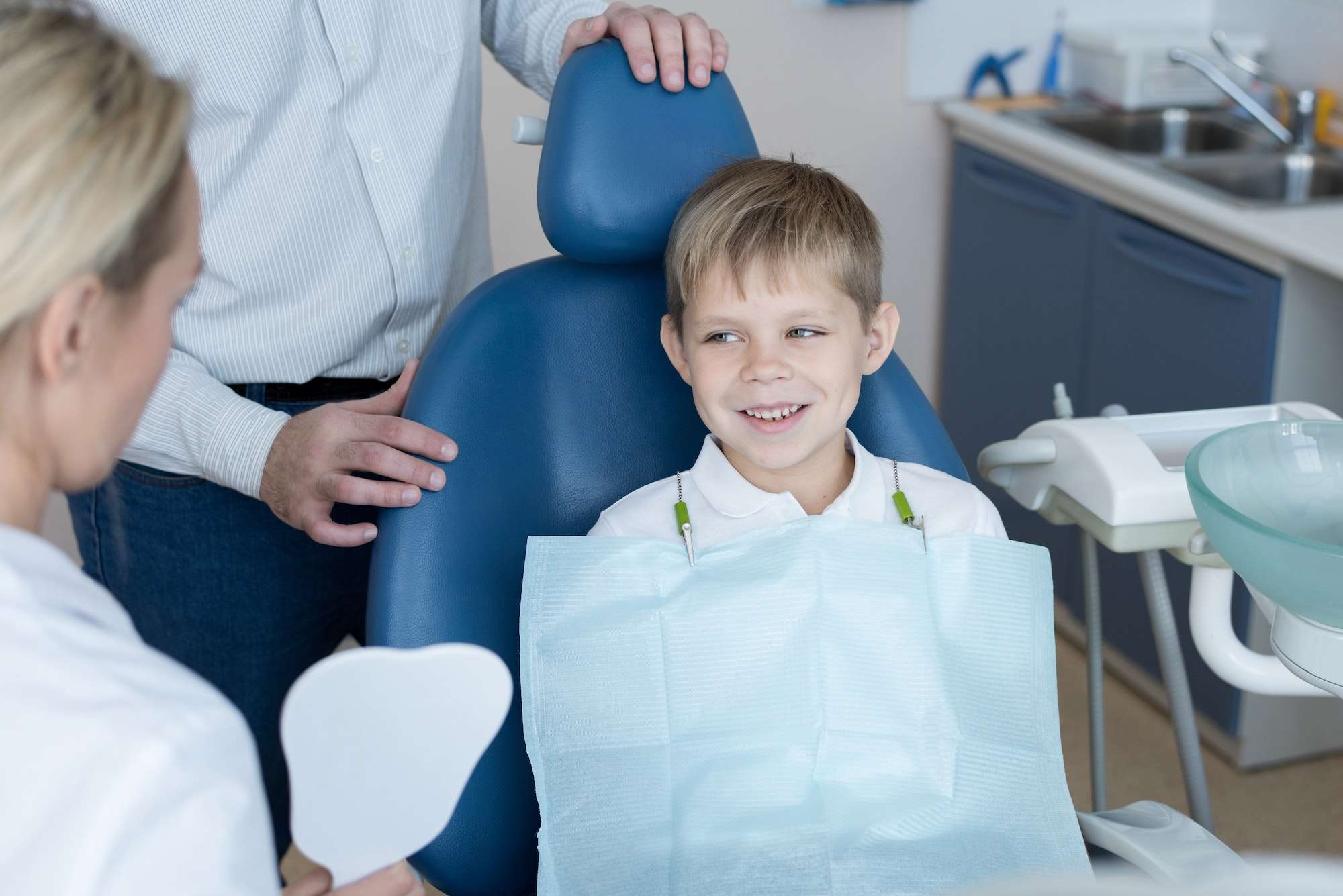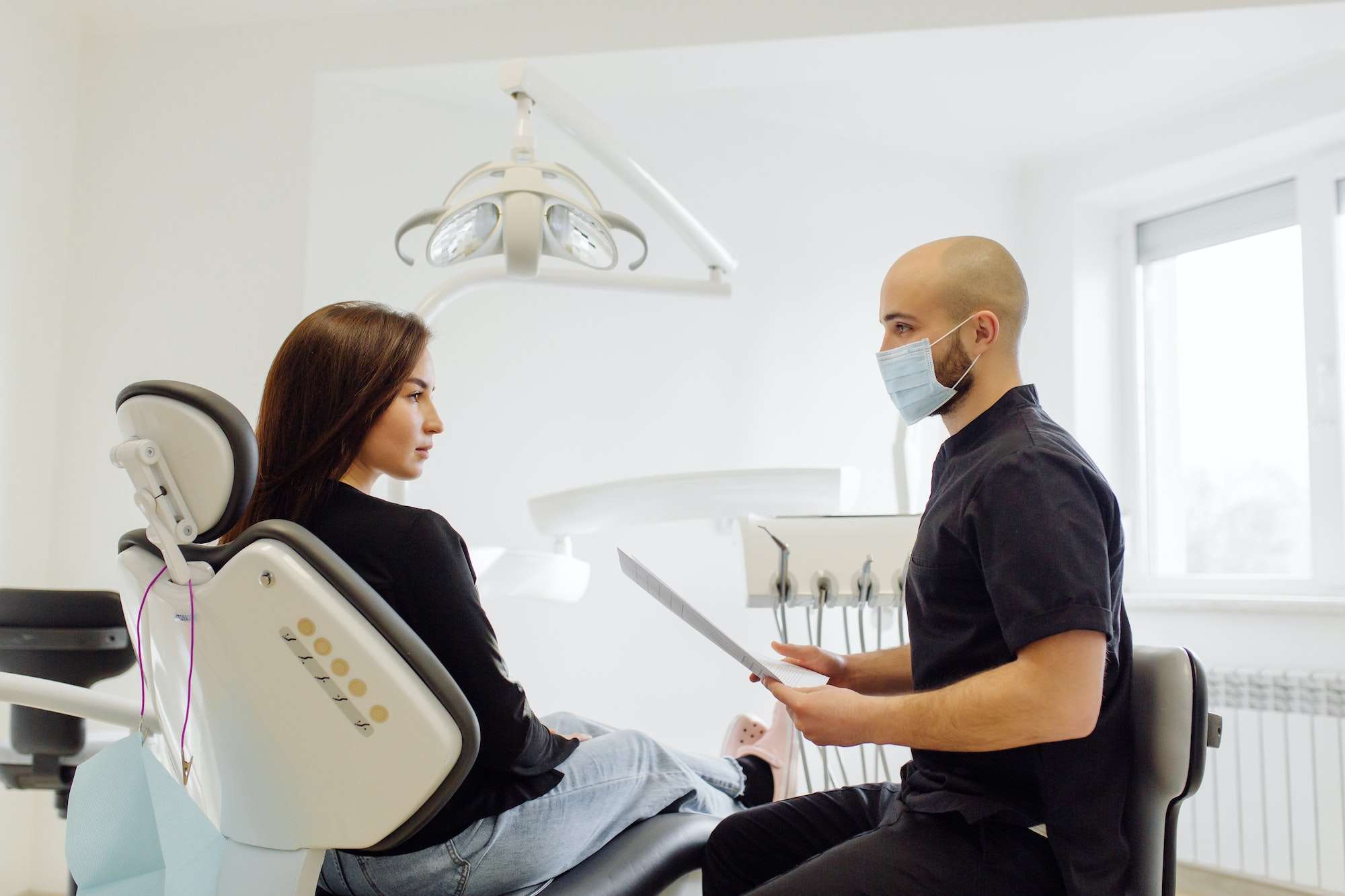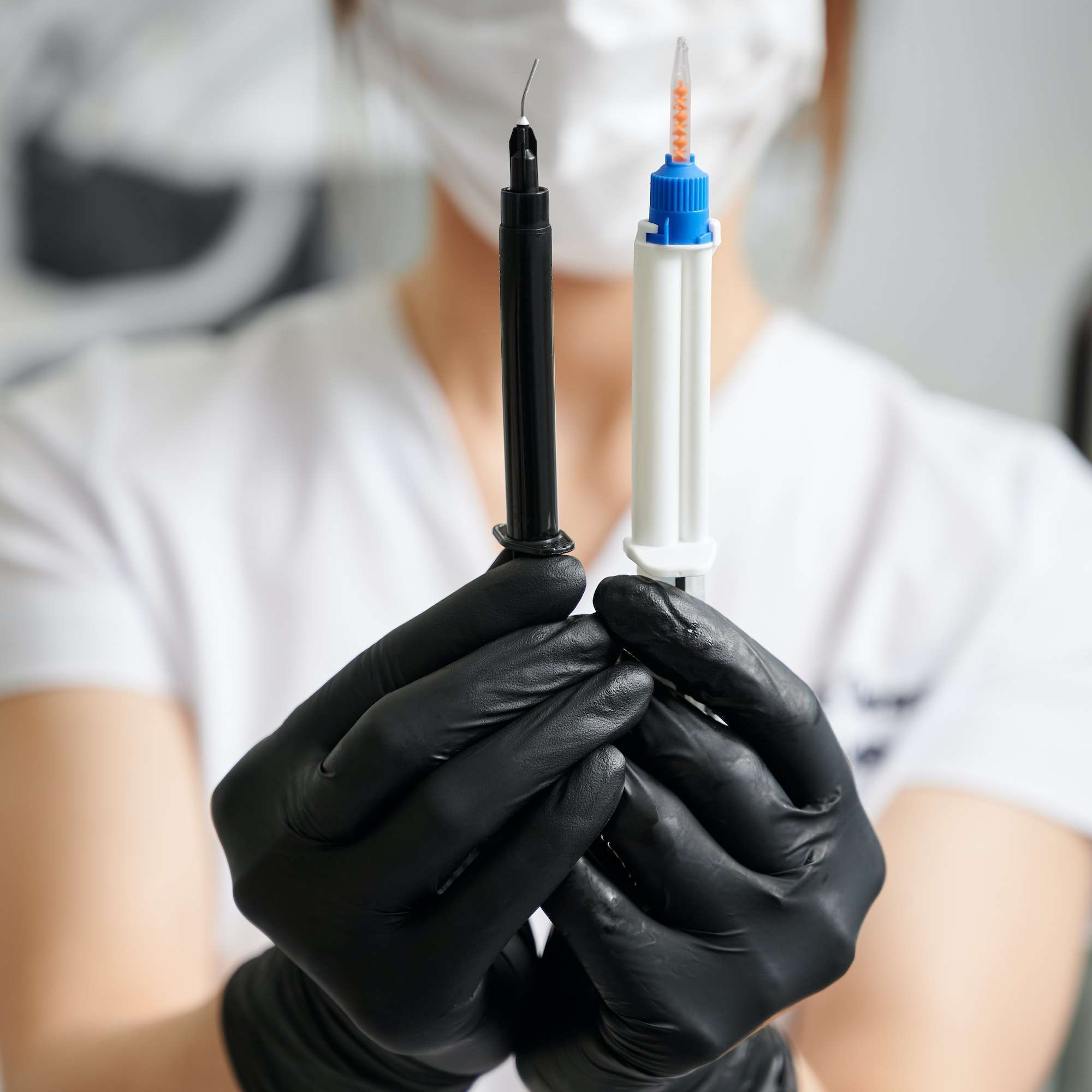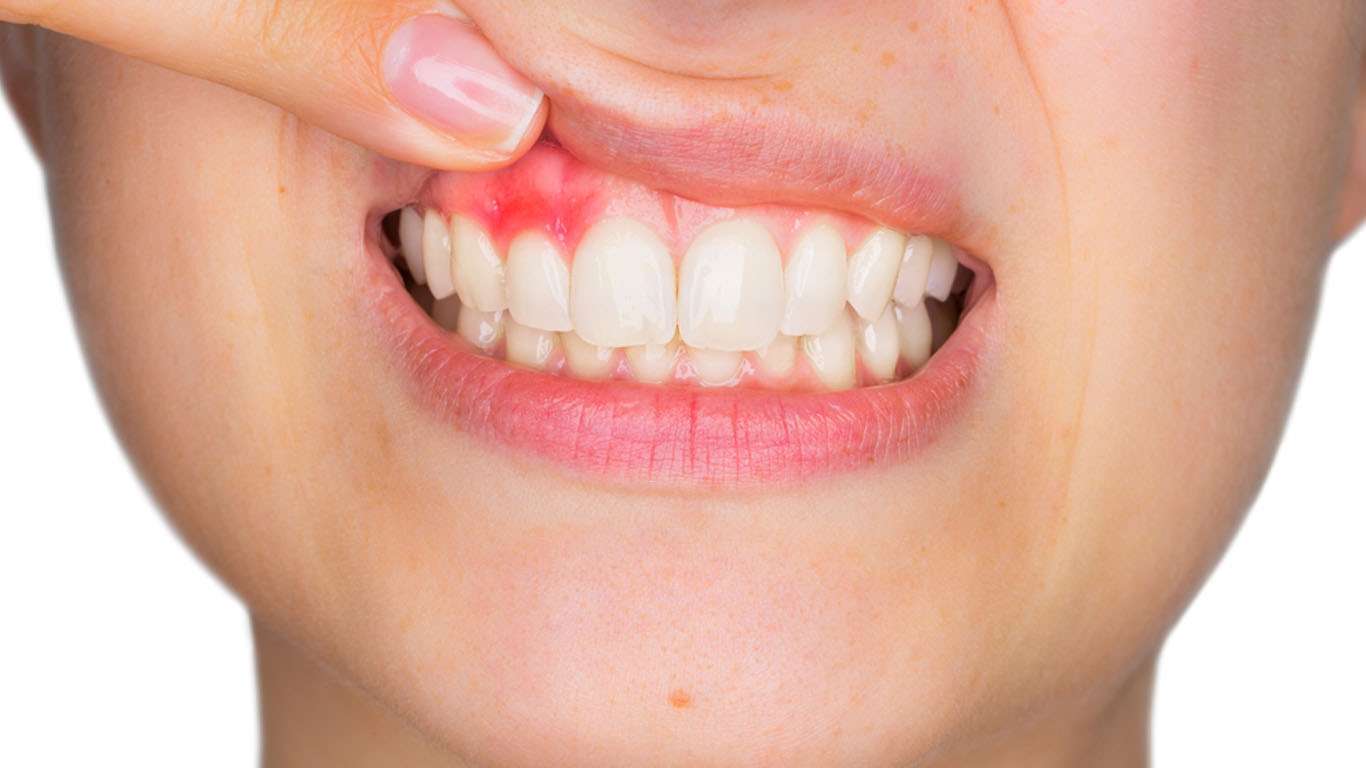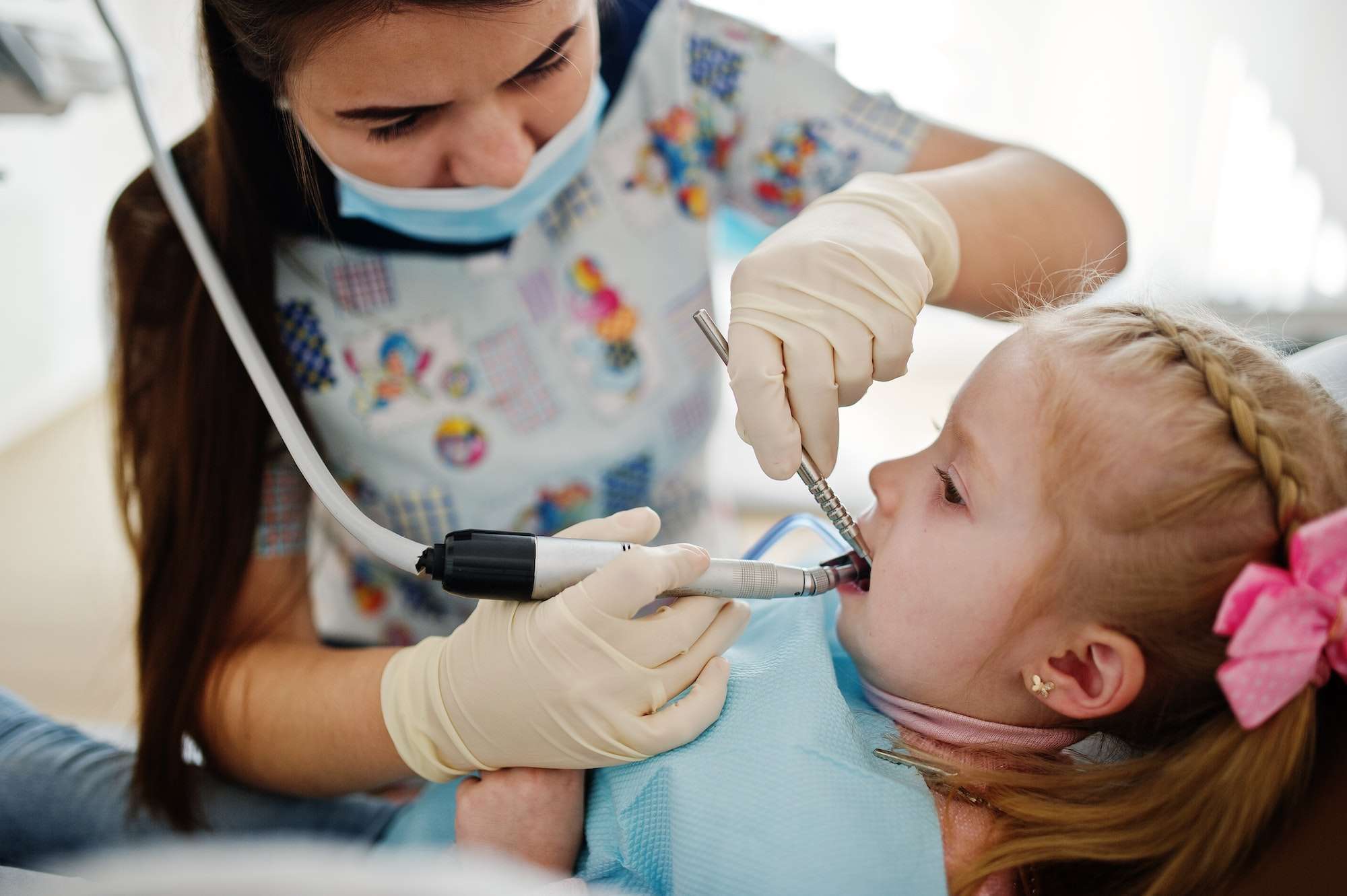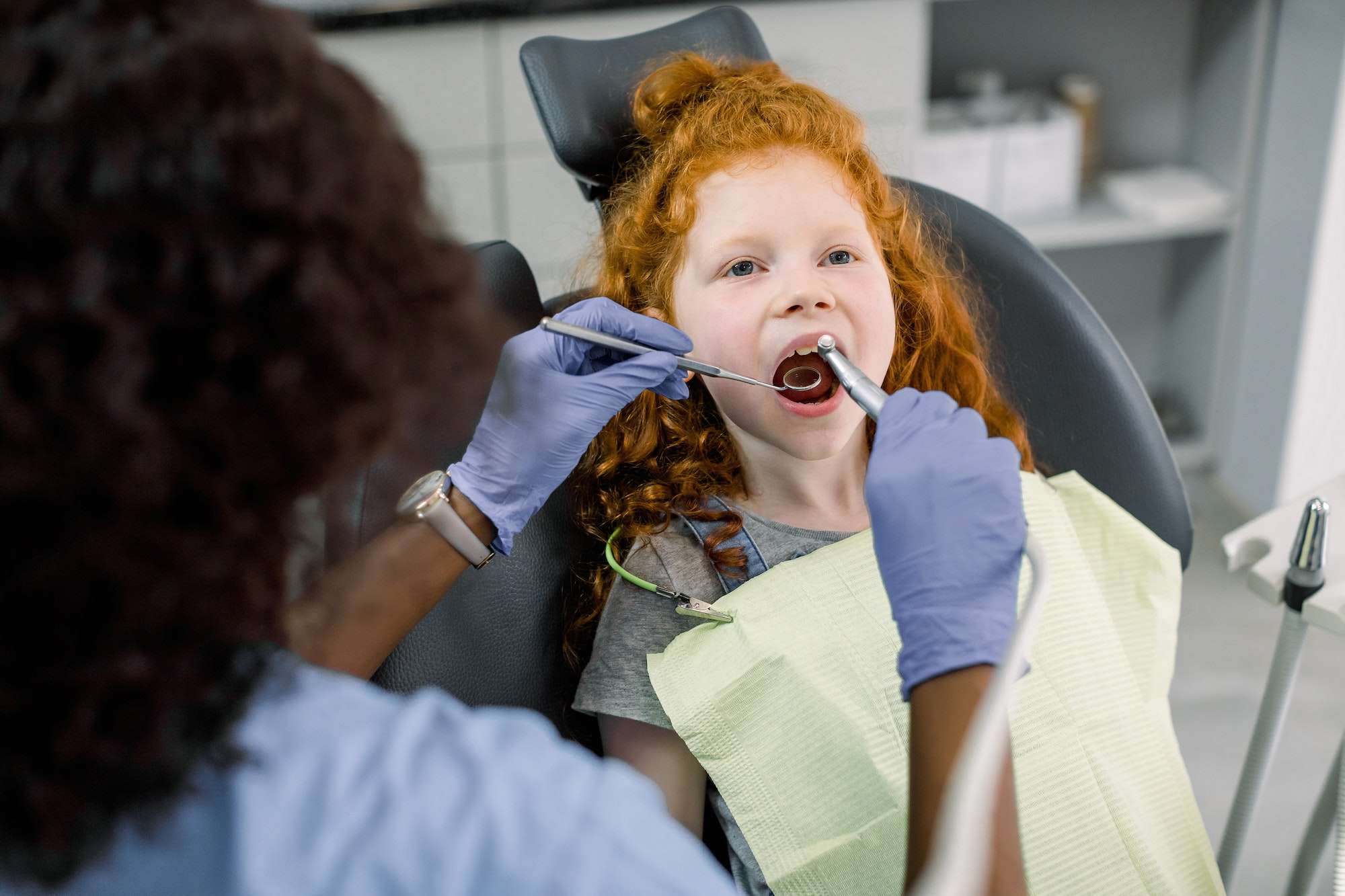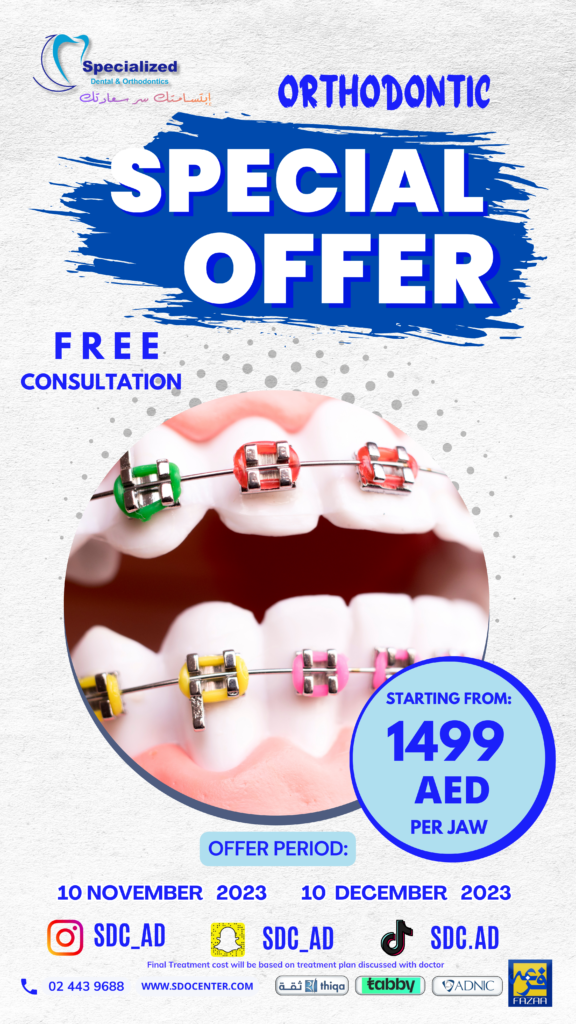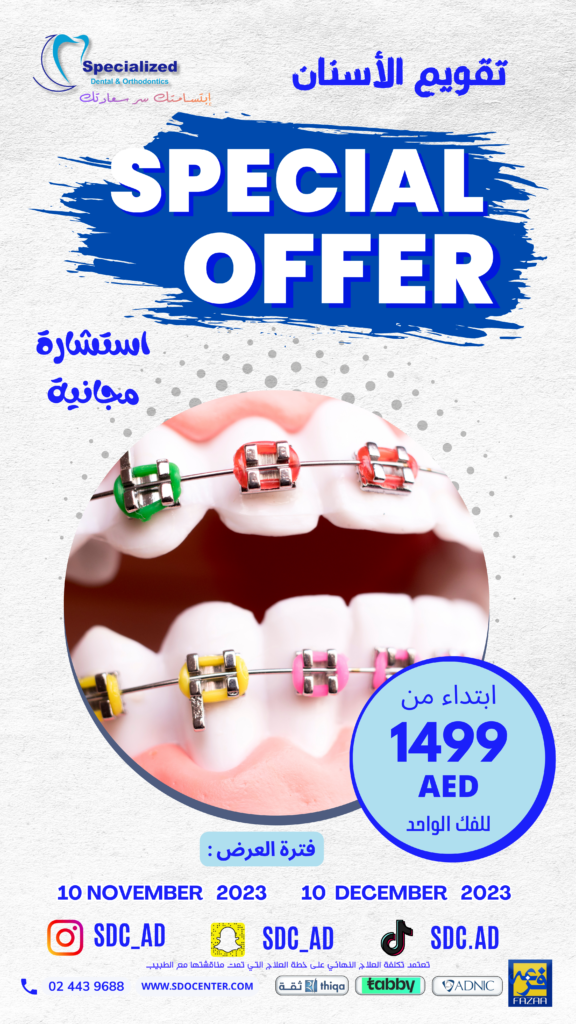
Welcome to our guide on how to protect your smile by preventing and treating bruxism – a common dental condition that affects millions of people worldwide. Bruxism, also known as teeth grinding or jaw clenching, can wreak havoc on your oral health and leave you with aching teeth, jaw pain, and even headaches. In this comprehensive article, we will delve into the causes, symptoms, and consequences of bruxism, and provide you with effective strategies to combat this detrimental habit. From lifestyle changes to stress management techniques and dental interventions, we will explore a range of prevention and treatment options that can help you regain control over your oral health and preserve your beautiful smile. Whether you are a chronic grinder seeking relief or simply looking to safeguard your teeth from the damaging effects of bruxism, this guide is your go-to resource for all things related to protecting your smile. So, let’s dive in and take the first step towards a healthier, happier mouth!
What is bruxism and how does it affect your smile?
Bruxism is a condition characterized by the grinding or clenching of teeth. While occasional teeth grinding may not cause significant harm, chronic bruxism can lead to serious oral health problems. The excessive force exerted on the teeth during grinding can wear down the enamel, making them more susceptible to decay and damage. Over time, this can result in tooth sensitivity, fractures, and even tooth loss. Additionally, bruxism can put excessive pressure on the jaw joints, leading to temporomandibular joint (TMJ) disorders, which can cause jaw pain, headaches, and difficulty in opening and closing the mouth.
Signs and symptoms of bruxism
Bruxism can manifest in various signs and symptoms, which may vary from person to person. Some common indications of bruxism include:
1. Teeth grinding: If you often wake up with a sore jaw or notice a grinding sound when you sleep, it is likely that you are grinding your teeth during the night.
2. Worn-down teeth: Bruxism can cause the teeth to become flat or develop unusual wear patterns, especially on the biting surfaces.
3. Tooth sensitivity: As the enamel wears down, you may experience increased tooth sensitivity, particularly to hot and cold temperatures.
4. Jaw pain: Bruxism can cause muscle tension and soreness in the jaw, leading to discomfort and pain.
5. Headaches: The excessive pressure on the jaw joints during teeth grinding can result in tension headaches, often felt in the temples or behind the eyes.
6. Disrupted sleep: Bruxism can disrupt your sleep pattern, leading to feelings of fatigue and daytime sleepiness.
If you experience any of these symptoms, it is essential to seek professional help to prevent further damage to your teeth and address the underlying causes of bruxism. Speaking of causes, let’s explore what can trigger this condition.
Causes of bruxism
The exact causes of bruxism are not fully understood, but several factors are believed to contribute to this condition. Here are some common causes of bruxism:
1. Stress and anxiety: Bruxism is often associated with increased stress levels. Grinding or clenching the teeth can be a subconscious response to emotional or psychological stress.
2. Sleep disorders: Bruxism can be more prevalent in individuals with certain sleep disorders, such as sleep apnea.
3. Malocclusion: Misaligned teeth or an abnormal bite can lead to bruxism as the jaw attempts to find a comfortable resting position.
4. Medications and substances: Certain medications, such as antidepressants, can increase the risk of bruxism. Additionally, the consumption of caffeine, alcohol, or recreational drugs may contribute to teeth grinding.
5. Lifestyle factors: Habits like smoking, excessive alcohol consumption, and the use of recreational drugs can exacerbate bruxism.
Identifying the underlying cause of your bruxism is crucial for effective treatment. In the next section, we will discuss the importance of early detection and prevention.
The importance of early detection and prevention
Early detection of bruxism is essential to prevent further damage to your teeth and oral health. Regular dental check-ups can help identify signs of bruxism, such as worn-down teeth or jaw pain. If you suspect that you may be grinding your teeth, it is crucial to consult with a dentist who can evaluate your symptoms and provide appropriate guidance for prevention and treatment.
Prevention plays a vital role in managing bruxism and protecting your smile. By implementing the following strategies, you can reduce the risk of teeth grinding and minimize its effects:
1. Stress management: Since stress is a significant trigger for bruxism, finding effective stress management techniques can help alleviate the condition. Engaging in activities like yoga, meditation, or deep breathing exercises can help reduce stress levels and promote relaxation.
2. Avoid stimulating substances: Limit your consumption of caffeine and alcohol, as they can contribute to bruxism. If possible, try to eliminate these substances altogether to see if it makes a difference.
3. Maintain a consistent sleep routine: Establishing a regular sleep routine and creating a relaxing bedtime routine can help improve the quality of your sleep and reduce the likelihood of teeth grinding.
4. Protective mouthguards: Wearing a custom-fitted mouthguard can provide a protective barrier between your teeth, preventing further damage caused by bruxism. Your dentist can create a personalized mouthguard that fits your teeth perfectly.
By incorporating these preventive measures into your daily routine, you can take control of your oral health and reduce the impact of bruxism. However, in some cases, additional dental treatments may be necessary.
Dental treatments for bruxism
If lifestyle changes and preventive measures are not sufficient to manage bruxism, your dentist may recommend certain dental treatments to alleviate the condition. Here are some common dental interventions for bruxism:
1. Orthodontic treatment: If your bruxism is caused by misaligned teeth or an abnormal bite, orthodontic treatment may be recommended to correct the alignment and reduce teeth grinding.
2. Dental restorations: In cases where bruxism has caused significant damage to the teeth, dental restorations such as crowns or veneers may be required to restore the appearance and functionality of the affected teeth.
3. Botox injections: In some cases, injecting small amounts of Botox into the jaw muscles can help relax the muscles and reduce the intensity of teeth grinding.
4. Medication: In certain situations, your dentist or physician may prescribe muscle relaxants or medications to manage bruxism symptoms. However, medication is typically used as a short-term solution and should be combined with other treatment approaches.
It is important to note that dental treatments should be tailored to your specific needs and carried out under the guidance of a qualified dental professional. Additionally, there are natural remedies that can complement dental interventions in managing bruxism.
Natural remedies for bruxism
In addition to professional dental treatments, there are several natural remedies that can help alleviate the symptoms of bruxism. While these remedies may not provide a cure for bruxism, they can offer relief and support the overall management of the condition. Here are some natural remedies to consider:
1. Warm compress: Applying a warm compress to the jaw area can help relax the muscles and reduce jaw pain associated with bruxism.
2. Jaw exercises: Performing gentle jaw exercises, such as opening and closing the mouth or moving the jaw from side to side, can help relieve muscle tension and promote relaxation.
3. Herbal supplements: Certain herbal supplements, such as valerian root or chamomile, have calming properties that can help reduce stress and promote better sleep.
4. Acupuncture: Acupuncture is an alternative therapy that involves the insertion of thin needles into specific points on the body. It has been suggested to help relieve muscle tension and reduce bruxism symptoms.
While natural remedies can be beneficial, it is important to consult with a healthcare professional before trying any new treatments, especially if you have underlying health conditions or are taking medications.
The role of stress management in treating bruxism
As mentioned earlier, stress is a significant trigger for bruxism. Therefore, incorporating effective stress management techniques into your daily routine can play a crucial role in treating and managing bruxism. Here are some stress management strategies to consider:
1. Exercise regularly: Engaging in regular physical activity can help reduce stress and promote overall well-being. Find an exercise routine that you enjoy, whether it’s jogging, dancing, or practicing yoga, and make it a part of your daily routine.
2. Practice relaxation techniques: Deep breathing exercises, meditation, and progressive muscle relaxation can help calm the mind and relax the body, reducing stress levels and bruxism symptoms.
3. Seek support: If you find yourself overwhelmed by stress, don’t hesitate to seek support from friends, family, or professional counselors. Talking about your concerns and finding healthy coping mechanisms can go a long way in managing stress and its impact on bruxism.
Remember, managing stress is an ongoing process, and it may take time to find the techniques that work best for you. Be patient and persistent in your efforts, and don’t hesitate to seek professional help if needed.
Taking care of your smile and seeking professional help when needed
In conclusion, bruxism is a common dental condition that can have a significant impact on your oral health and overall well-being. By understanding the causes, symptoms, and consequences of bruxism, you can take proactive steps to protect your smile and prevent further damage. Implementing lifestyle changes, stress management techniques, and dental interventions can help manage the condition effectively and preserve your beautiful smile.
If you suspect that you may have bruxism, don’t hesitate to seek professional help from a qualified dentist. They can evaluate your symptoms, provide appropriate treatment options, and guide you through the process of managing bruxism. Remember, early detection and intervention are key to preventing the progression of bruxism and minimizing its effects.
By taking care of your smile and seeking professional help when needed, you can regain control over your oral health, alleviate the symptoms of bruxism, and preserve your beautiful smile for years to come. So, start implementing the strategies outlined in this guide and take the first step towards a healthier, happier mouth!
